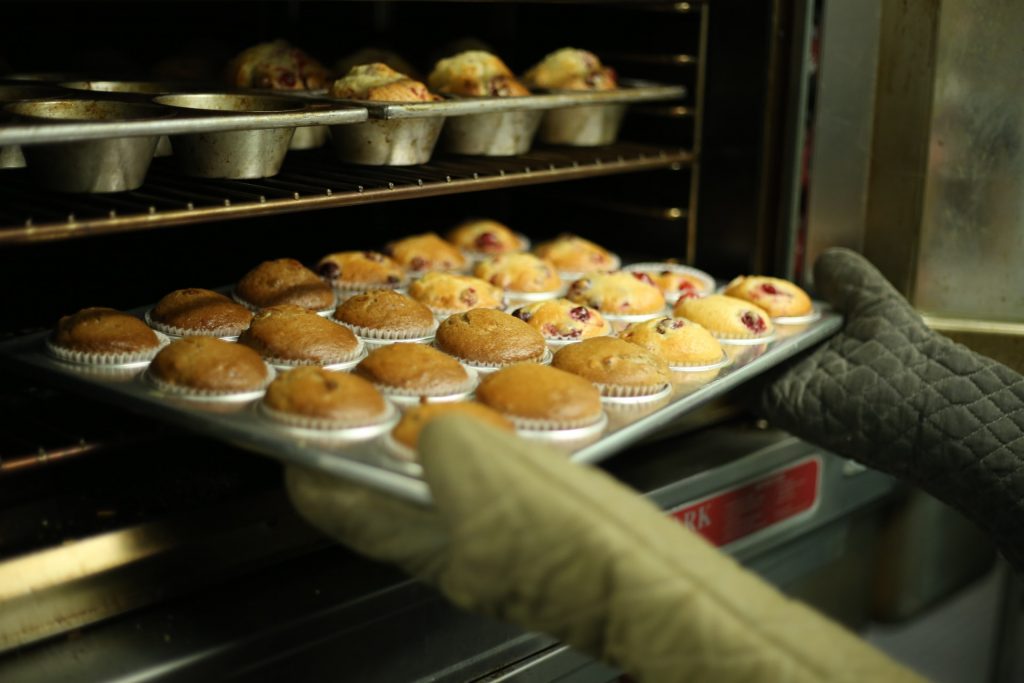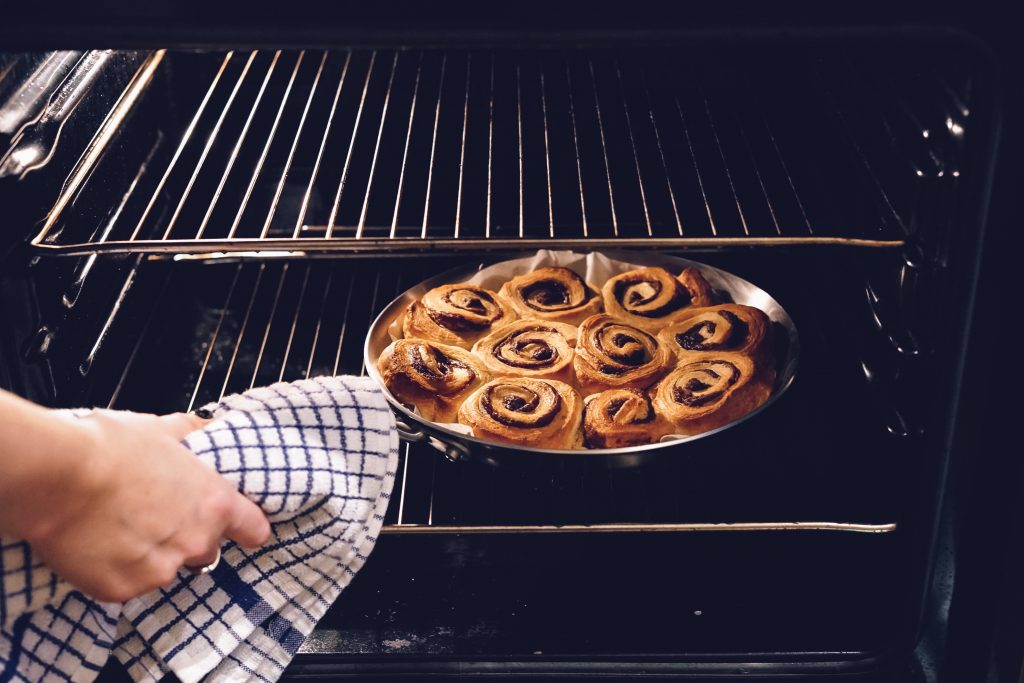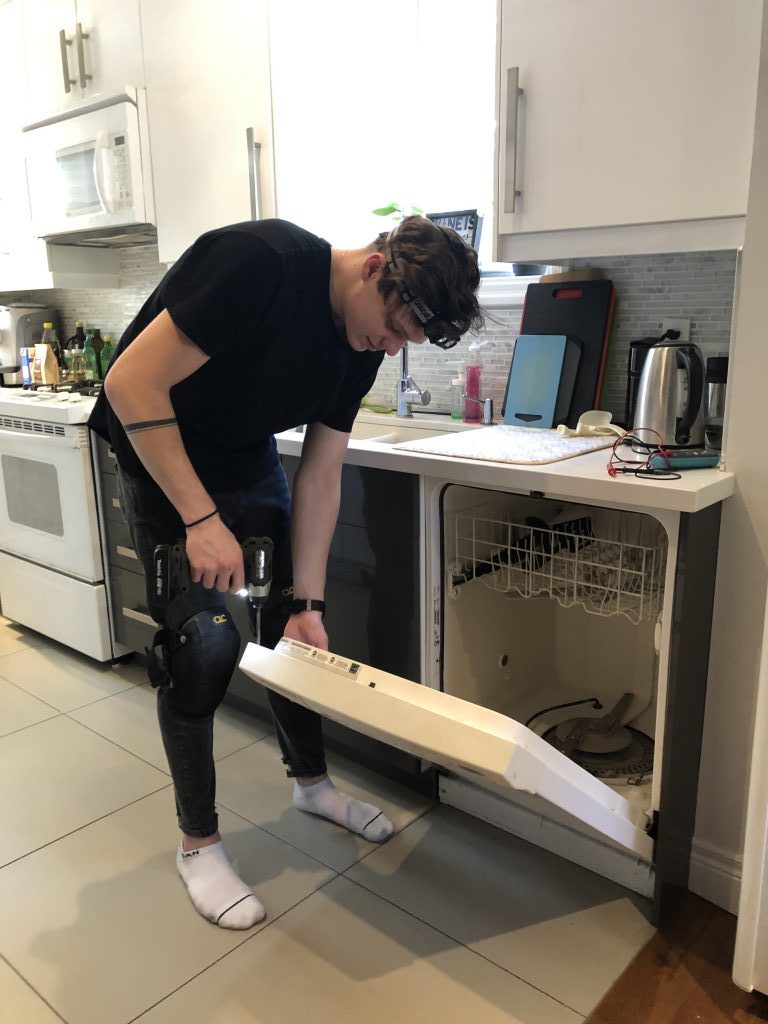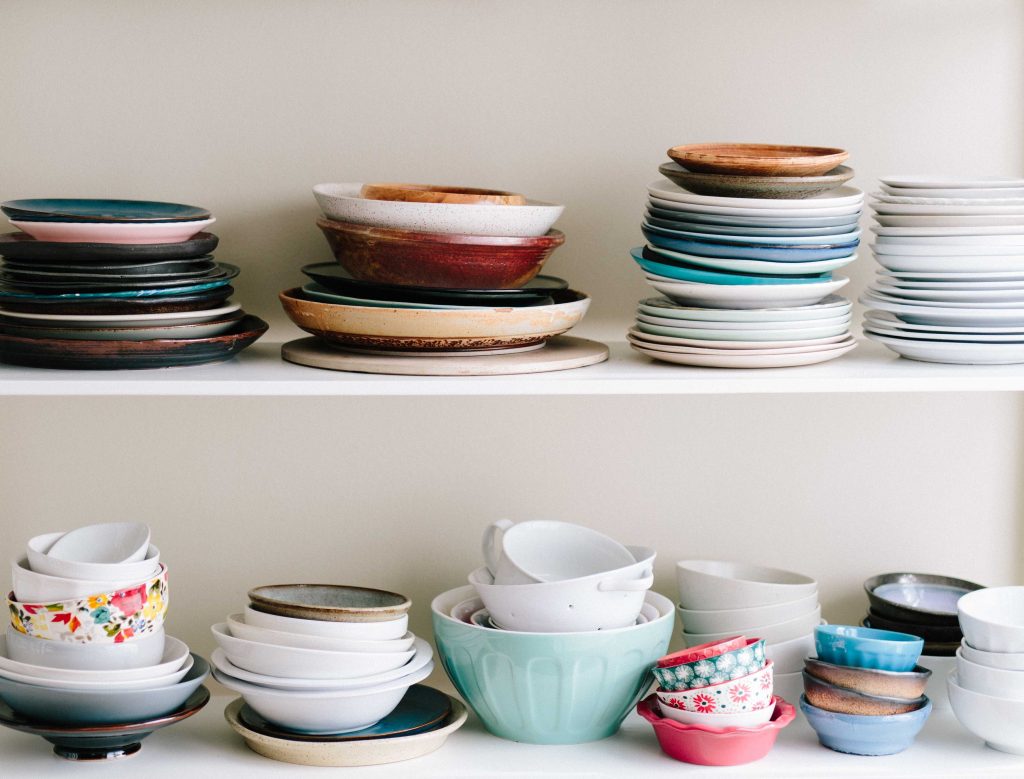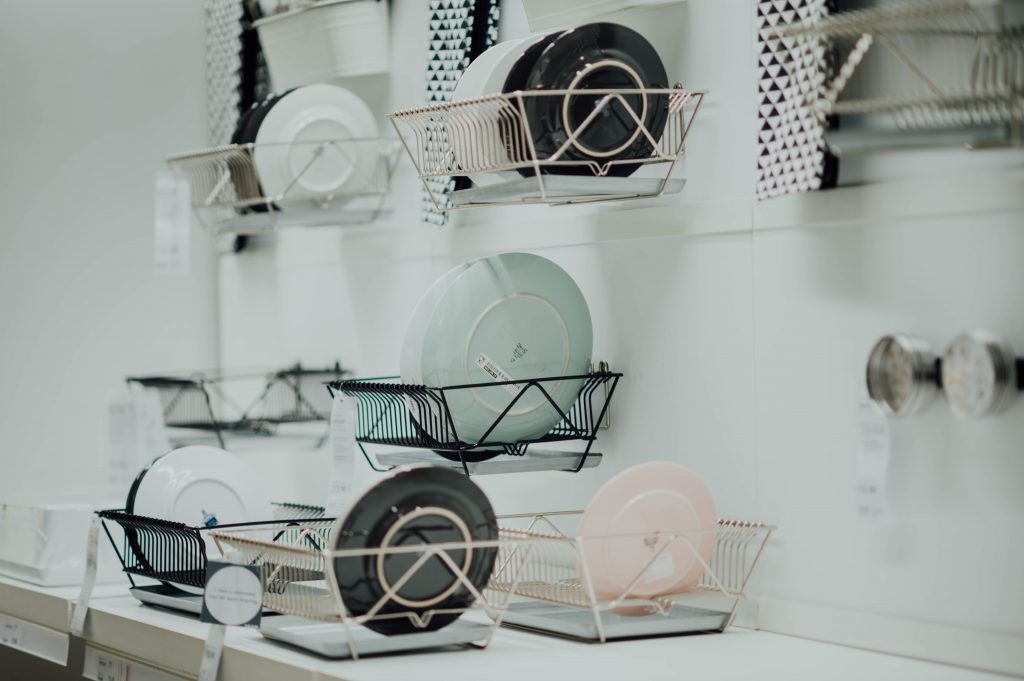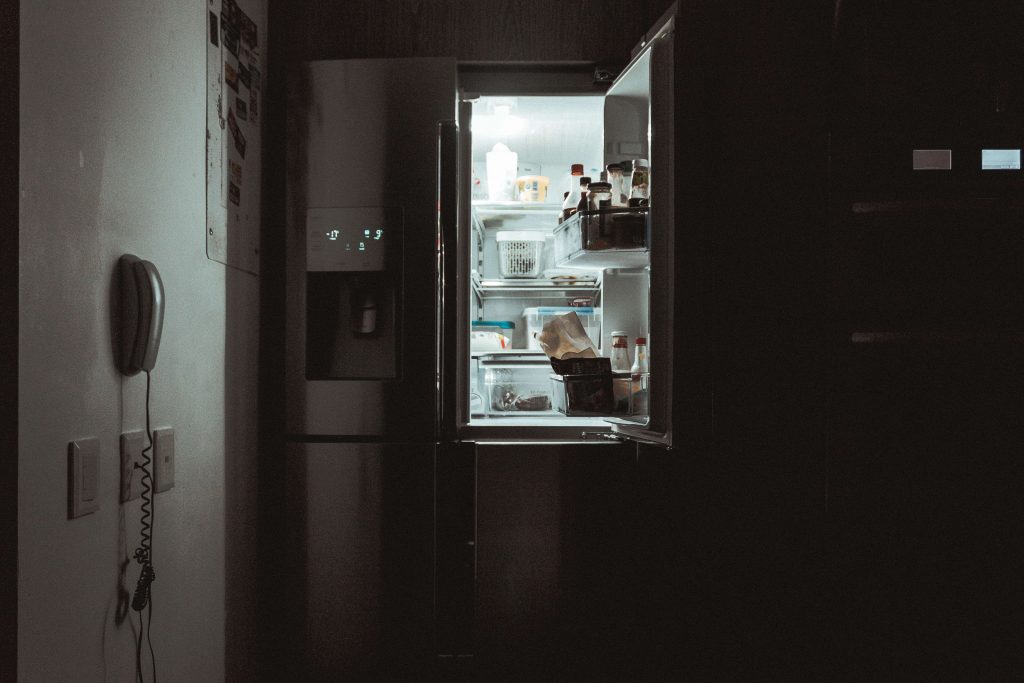An oven is a key tool for homemakers, saving time in the kitchen, and making amazing desserts happen, so take a look at 3 common oven problems and how to fix them, right here!
1. Oven not Heating Up
The top common oven problems and here’s how to fix it, depending on what kind of appliance you have:
For gas ovens: you’ll need to check the igniter first and see if it needs replacing, so you can get that new piece to change it. If that doesn’t work it could another piece that is malfunctioning.
For electric ovens: check if coils are heating or turning red, first try by replacing the heating elements if they are not working before moving on to other causes.
These first steps are easy for beginners but if you have doubts just call Maydone, and lest us handle it!
2. Heating at Wrong Temperatures
No use having an oven you can trust, or any appliance, from bread to brownies you need to control the heat to get it right.
Why this could be happening:
- Your temperature sensor is not working correctly, so it read the wrong number and messes up your meals, makes sure it’s not in contact with the oven walls and replace if need.
- Faulty ignition for gas models
- Malfunctioning heating in electric ovens
- It needs calibration (if none of the above fits)
3. Uneven Heat
First, test out the heating situation by preheating the oven and seeing if all parts are turned on and if the temperature sensor is measuring as it should.
Another thing that could be happening is that you need to learn the trick of your oven, as some just have a particular way of cooking.
There you go 3 oven problems and 3 fixes!
